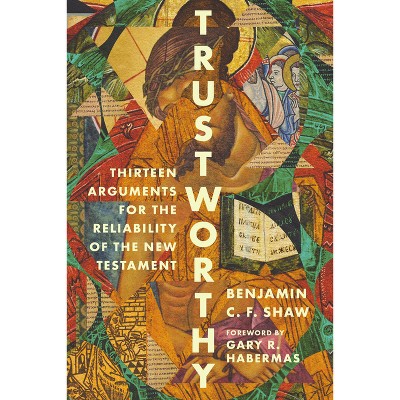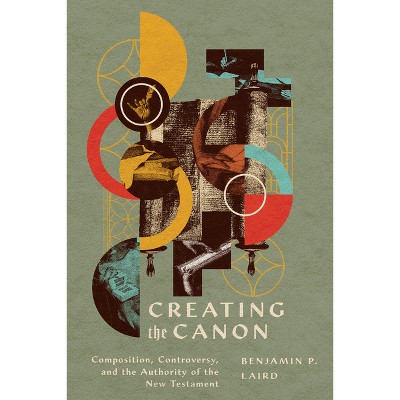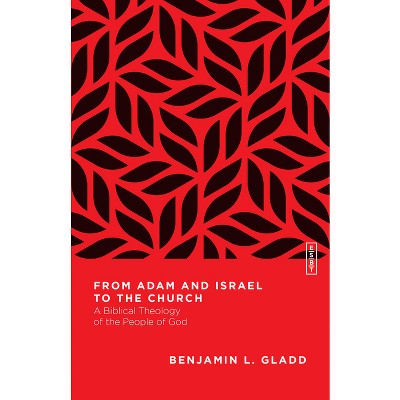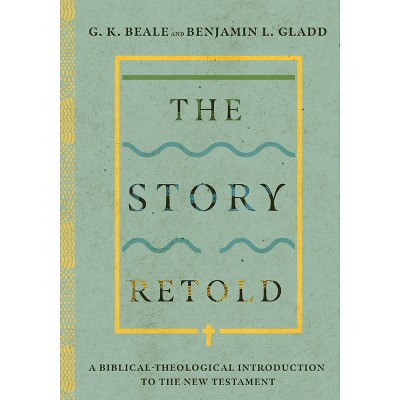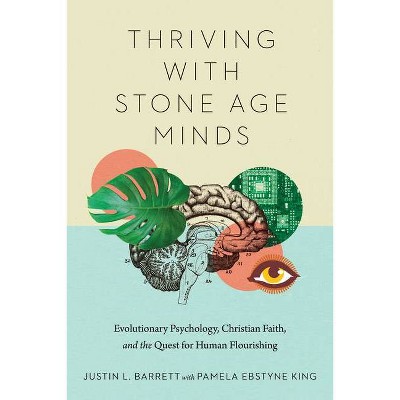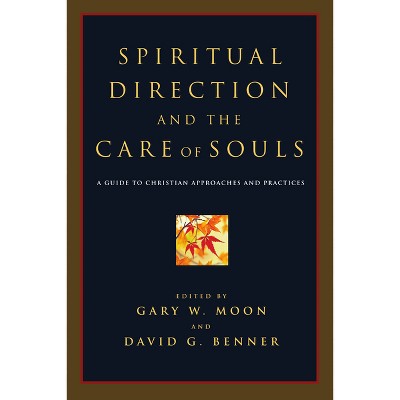Sponsored

A Meaningful World - by Benjamin Wiker & Jonathan Witt (Paperback)
In Stock
Sponsored
About this item
Highlights
- When we look at nature, whether at our living earth or into deepest space, what do we find?
- About the Author: Benjamin Wiker (Ph.D., Vanderbilt) is lecturer in theology and science at the Franciscan University of Steubenville in Ohio.
- 257 Pages
- Religion + Beliefs, Religion & Science
Description
About the Book
When we look at nature, whether at our living earth or into deepest space, what do we find? Benjamin Wiker and Jonathan Witt take you on a journey that reveals a universe shot through with meaning, designed to be intelligible on multiple levels, and one that points to God himself.
Book Synopsis
When we look at nature, whether at our living earth or into deepest space, what do we find? Benjamin Wiker and Jonathan Witt take you on a journey that reveals a universe shot through with meaning, designed to be intelligible on multiple levels, and one that points to God himself.
Review Quotes
"A Meaningful World is a wise and witty romp through the fallacies of reductionism. It is illustrated by charming examples that show how literature and science both teach us that we live in a world full of meaning, not the spiritually dead world in which the materialists would confine us."
"A Meaningful World is astounding, breathtaking! This is a book about both the beauty of science and the beauty of creation, a book I wish I had as an undergraduate taking science courses. Wiker and Witt draw us beyond design to the sheer grandeur, elegance and deep intelligibility of nature, all of which bespeak a creative Genius. It will help overcome the residual fear of science that plagues all too many devout believers, and instill a sense of childlike wonder at the splendor of our world. A Meaningful World admirably answers the call of Pope Benedict XVI to see the glory of God's wisdom, the Divine Logos, permeating creation. I can't wait to get this into the hands of my own teenagers, and even my college grads."
"A Meaningful World is simply the best book I've seen on the purposeful design of nature. In sparkling prose Benjamin Wiker and Jonathan Witt teach us how to recognize genius, first in Shakespeare's plays and then in nature. From principles of geometry to details of the periodic table, the authors portray the depth, elegance, clarity and pure cleverness of a universe designed to nurture the intelligent life that one day would discover that design. A Meaningful World recovers lost purpose not only for science, but for all scholarly disciplines."
"A Meaningful World offers a compelling rebuttal to modern materialism and its reductionistic view of nature. The professional critics of intelligent design didn't see this book coming, and are unlikely to have a ready response to its argument."
"A good book for the math or science lover."
"Drawing on the works of Shakespeare, Euclid, Lavoisier and others, A Meaningful World draws parallels between the genius of these men and the genius evident in nature. I am not exaggerating much to say that A Meaningful World is in the same class as the works of human genius its authors describe. It displays rare depth and breadth. Scientists should read this book to regain their justification for doing science, and poets should read it to regain a ground for the meaning of their texts."
"In a world where materialism fails and where intelligent design is evident, how should we think about ourselves in the grand scheme of things? A Meaningful World masterfully answers this question, ramping up the cultural revolution begun by Phillip Johnson in the 1990s."
"It is fully as gratifying to hear from teachers and writers who know science and literature as well as theology and who use their energy to assign God his rightful place."
"Several outstanding books argue for Intelligent Design. However, A Meaningful World explores newer ground. In this book the authors widen the focus to the meaning and genius that are evident all around us."
"Wiker and Witt submit: 'A poison has entered human culture. It's the assumption that science has proven that the universe is without purpose, without meaning.' This is the primary popular assumption the authors tackle in A Meaningful World."
About the Author
Benjamin Wiker (Ph.D., Vanderbilt) is lecturer in theology and science at the Franciscan University of Steubenville in Ohio. He is also a senior fellow of Discovery Institute in Seattle, Washington. His work has appeared in such publications as Crisis, First Things, National Catholic Register and the New Oxford Review. He is the author of Moral Darwinism.
Jonathan Witt, PhD, is a senior fellow with Discovery Institute's Center for Science and Culture and author or coauthor of many books and articles, including two from IVP, A Meaningful World with Benjamin Wiker and Intelligent Design Uncensored with William Dembski.
Shipping details
Return details
Trending Non-Fiction






